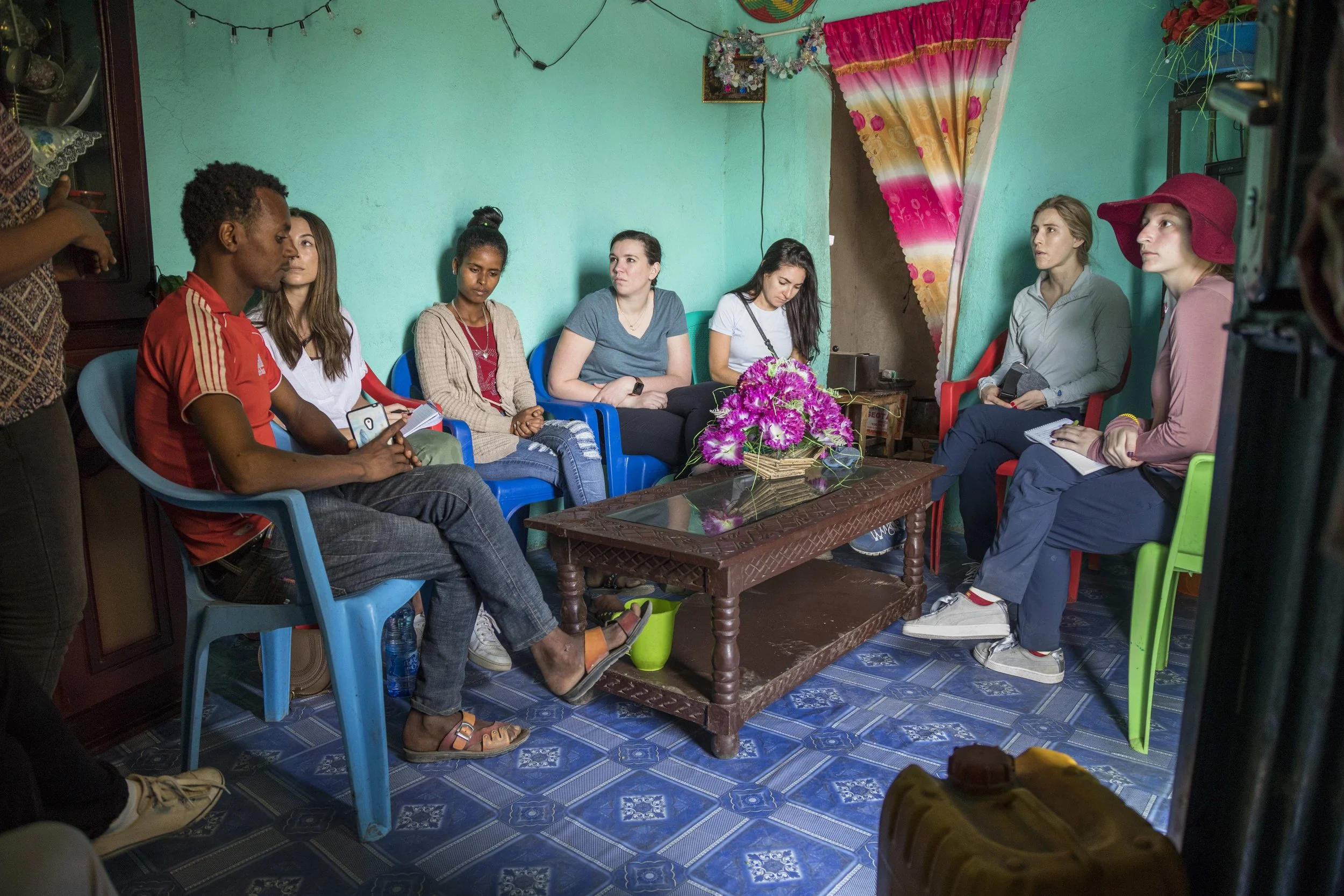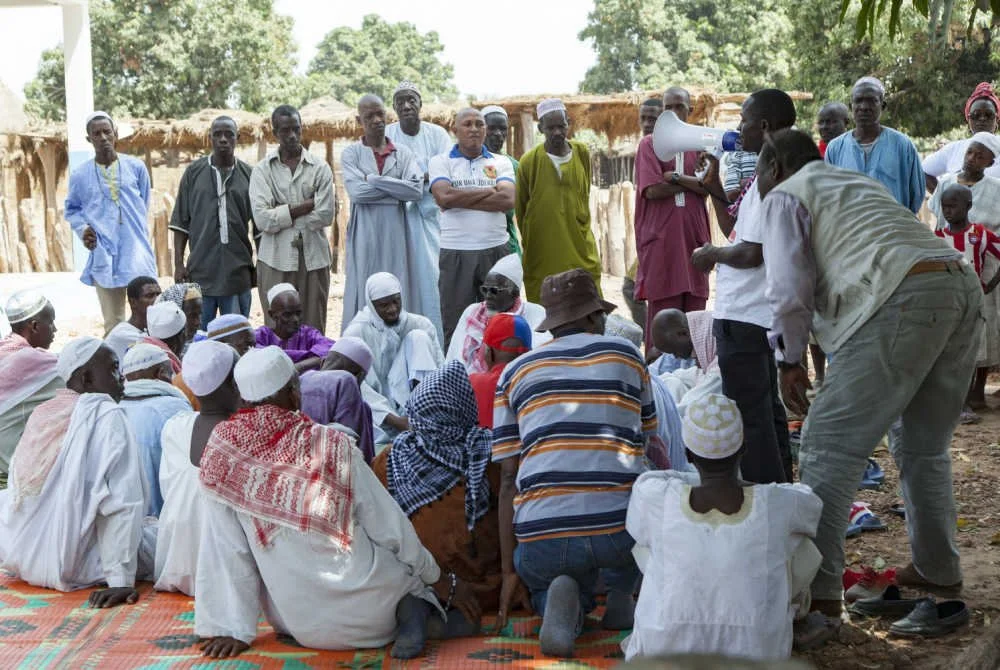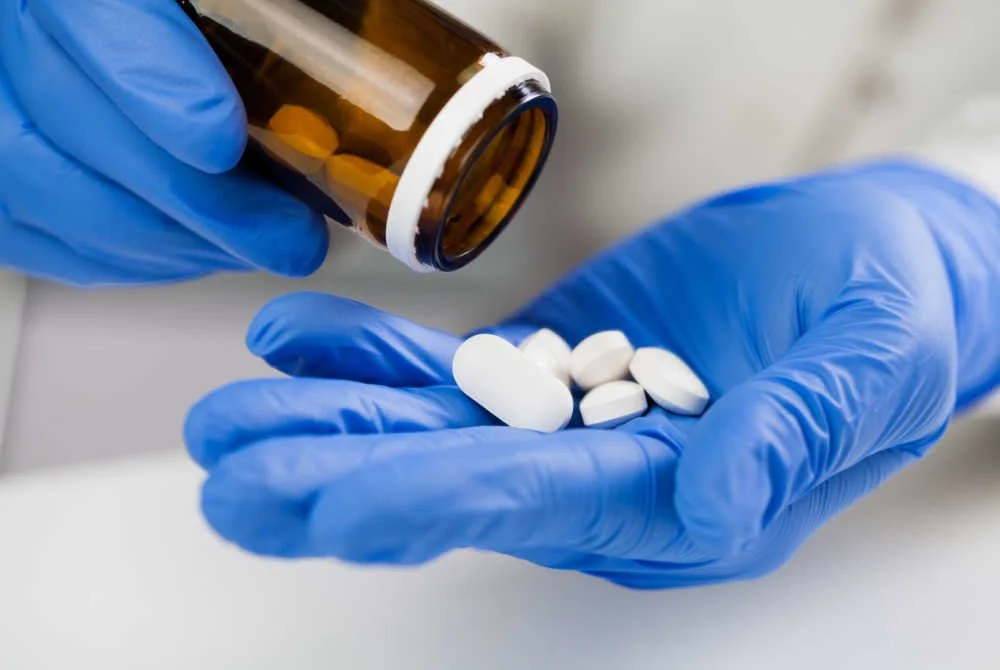Gates is Still Gunning for HIV. Here’s the Latest
/Kenyan woman line up at an HIv/aids clinic
A great strength of philanthropy is that foundations, which are accountable to neither voters nor shareholders, can stick with issues for the long haul, even as public or media interest waxes and wanes. A case in point: The Gates Foundation’s HIV strategy has changed very little over the years, even though this dread disease—which still kills a million people annually—isn't the compelling cause that it once was.
While Gates has seemingly eased up on its HIV funding from time to time, it has remained dogged in its goal “to accelerate the decline in HIV infection worldwide,” by simplifying and expanding treatments and improving interventions. In December, for example, the Wall Street Journal reported that the foundation was investing as much as $140 million to support development of a tiny implantable drug pump by Intarcia Therapeutics with medicine that prevents HIV infection.
One area of focus in the foundation’s five-point strategy is improving diagnostic testing.
This area may not sound as critical as ensuring access to antiretroviral medication. In fact, though, improving diagnosis can go a long way toward stopping the spread of HIV. Why? Because around half of all of the people in the world living with HIV aren’t aware they have the virus. One way to change that is with better, cheaper and faster tests.
Related: Can Investing in Rapid Self-Testing Disrupt the HIV/AIDS Mortality Curve?
We've reported before on the efforts by funders to find breakthrough solutions for diagnostic testing. Among other things, this is a great example of how an expanding toolbox that includes program-related investing and other kinds of financing is critical to tackling major challenges in the global health space. The Gates Foundation is a pioneer in this regard—and its new partnership with OraSure Technologies underscores that.
The foundation entered into a four-year, $20 million Charitable Support Agreement with OraSure for its OraQuick HIV Self-Test. Under the agreement, the company is making its test kit available for purchase at an affordable price to 50 developing countries in Asia and Africa. The agreement also allows NGOs working in poor countries to purchase OraQuick test kits at a reduced price.
The $20 million agreement—which is not to exceed $6 million in any year—is an interesting one, as the foundation’s funding is directly tied to the volume of test kits sold and reimbursements of related costs. Those reimbursements, not to mention what Gates and OraSure consider an affordable price, remain undisclosed. The OraQuick test sells for about $25 to $40 in the United States, but it's a safe bet that this price will be dramatically lower in developing countries under this agreement, making it affordable for government agencies and nongovernmental organizations.
OraSure has a few other things going for it to ensure that the agreement is successful. Earlier this year, the company received an official endorsement from the Global Fund’s Expert Review Panel for Diagnostics. The endorsement allows organizations receiving funding from the Global Fund to Fight AIDS, Tuberculosis, and Malaria and Unitaid to purchase the OraQuick self-test for one year while OraSure works on the WHO’s pre-qualification of medicines process.
Rapid diagnostics fall right into the Gates Foundation’s HIV funding wheelhouse. Point-of-care tests are cheaper, easy to use, and offer a quick diagnosis as compared to lab tests. Quick diagnosis is critical to preventing and slowing the spread of infection. In addition, the faster the diagnosis, the faster the patient can begin receiving treatment.
Gates has been backing HIV self-testing and rapid diagnostics projects since around 2010, when it invested $600,000 in Daktari Diagnostics, a company focused on “delivering critical diagnostic test results.” In 2015, Daktari rolled out its portable point-of-care device that measures CD4 cell counts. CD4s are white blood cells that fight infection and are defined as “antigen[s] found on helper T cells.” The following year, in 2011, Gates awarded PATH a $1.1 million grant to “develop a target product profile for a future HIV self-test.”
In 2016, the Global Health Investment Fund (GHIF) announced that it was making a $6 million loan to Atomo Diagnostics, a point-of-care diagnostics company improving rapid testing platforms. The Gates Foundation and JPMorgan Chase established GHIF in 2013.
While Gates’s HIV and AIDS funding has held steady, many funders are still suffering from a bit of fatigue in this space. In the meantime, 36.7 million people are living with HIV, and it’s the leading cause of death for women of reproductive age.
Still, the scientific and medical community has made substantial progress in the prevention and treatment of HIV since the 1990s, to the extent that an HIV diagnosis is no longer considered a death sentence. That being said, the rate of new HIV infections isn’t falling fast enough and threatens to significantly knock back many advances.
According to a UNAIDS and Lancet Commission report, if funding for HIV/AIDS and access to treatment isn’t increased, the HIV epidemic is likely to make a deadly comeback. No one wants to see that happen.
Related: AIDS Still Kill Over 1 Million People Each Year. Are Funders Doing Enough?







































